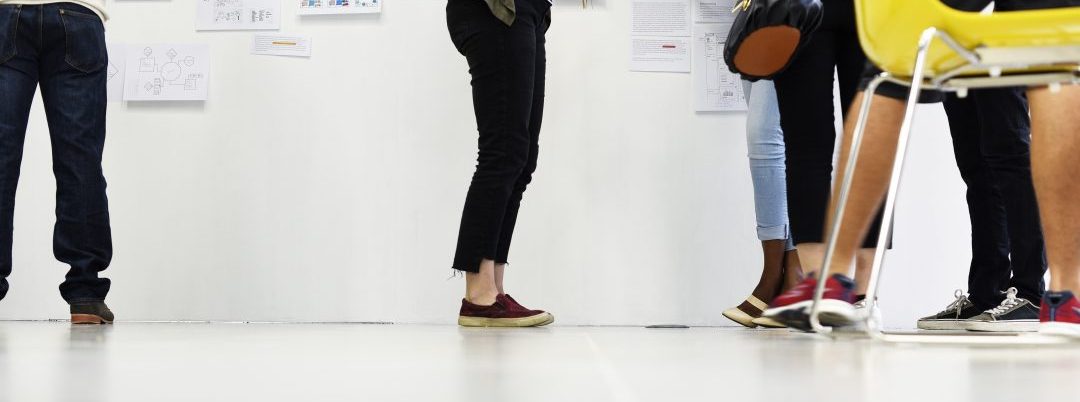
It’s a parent’s job to worry about their kids: where they’re going, what they’re doing, and—perhaps most importantly—who with. It is their mission to ensure their kids are hanging out with the good kids, not the troublemakers. While teens often roll their eyes at this nagging, and assure their parents that they’re in charge of their destiny—not their peers—the insistent moms and dads of the world might be onto something.
New research from Stanford reveals that one’s inner circle can have a significant impact on their life path. More specifically, this study “The social genome of friends and schoolmates in the National Longitudinal Study of Adolescent to Adult Health” suggests that the genes of an individual’s classmates and friends can play a role in how far he or she goes in school.
Ben Domingue, first author of the study and assistant professor at Stanford Graduate School of Education explains the initial focus of the study: “We examined whether the genes of your peer groups influenced your height, weight or educational attainment. We didn’t find a correlation to height or weight, but did find a small one with how far you go in school.” This association falls under social genetic effects, or when an individual’s health/behavior is affected by the genetics of another.
You might be wondering how one person’s genes could possibly influence another person’s behavior. Consider this: your classmate ranks high in neuroticism—a “Big Five” trait, characterized by sadness, mood swings, and irritability. This causes them to stress out over a big project you’re working on together, which leads to your own anxiety and failure to complete the project. This is just one example of how another’s genes may affect an individual’s success, in terms of schooling.
That being said, you can’t blame your friend or classmate’s genes for flunking Biology or English, as the link is not “deterministic,” according to Domingue. These findings are, however, important in terms of how genetic and social effects are interconnected, as explained by Kathleen Mullan Harris, senior author of the study and professor of sociology at the University of North Carolina at Chapel Hill: “Unlike height, educational attainment is socially contextualized. There is more going on than genetics. Our results imply that scientific investigations into either genetic and social effects need to account for another.”
This group of researchers reached these findings after evaluating data from 5,500 adolescents in the National Longitudinal Study of Adolescent to Adult Health, which is a nationally representative study from the National Institutes of Health. Furthermore, this study expanded past research that shows friends share similar genes, by finding that classmates are also genetically similar—at least more so than strangers. According to Domingue, genetic similarities they observed among classmates suggest the important role of social structure in shaping said similarities.
Sources:
Stanford (2018, January 18). Friends’ Genes May Help Others Stay in School. NeuroscienceNews. Retrieved January 18, 2018 from http://neurosciencenews.com/friends-genes-school-8333/
Domingue, B. W., Belsky, D. W., Fletcher, J. M., Conley, D., Boardman, J. D., & Harris, K. M. (2018, January 9). The social genome of friends and schoolmates in the National Longitudinal Study of Adolescent to Adult Health. PNAS. Retrieved on January 19, 2018 from http://www.pnas.org/content/early/2018/01/08/1711803115.full
Let’s keep in touch! Sign up to receive our newsletter:
Start a Relationship with An Exceptional Counselor
- Skilled and caring professional counselors
- Accepting all major and most insurances
- High-touch customer service & premium benefits
- Same- or next-day appointments
- Ultra-flexible 23.5hr cancellations













